
C++ - Intuitive C++ Learning Platform
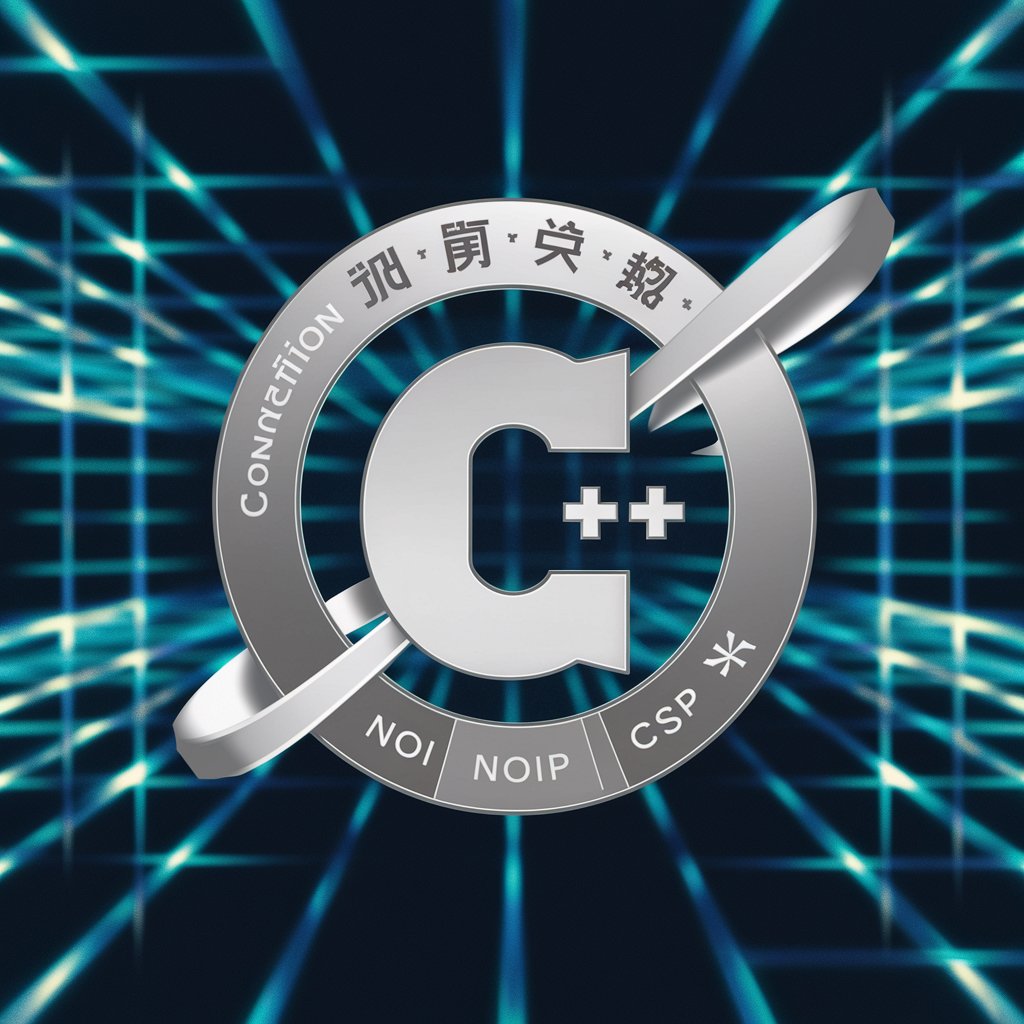
欢迎使用C++编程助手!
Master C++ with AI-Powered Guidance
编写一个C++程序解决这个问题:
请用C++实现以下功能:
设计一个C++算法来处理:
使用C++编写代码,满足以下要求:
Get Embed Code
Introduction to C++
C++ is a general-purpose programming language created as an extension of the C programming language, or 'C with Classes'. The language has expanded significantly over time, and C++ now supports object-oriented, procedural, and generic programming models. C++ is known for its high performance and is widely used for developing applications where software efficiency and resource constraints are critical. It supports the encapsulation of data, polymorphism, and inheritance, allowing for more complex and reusable code. Examples of its use include developing operating systems, game engines, desktop applications, and systems that require real-time physical simulations. Powered by ChatGPT-4o。

Main Functions of C++
Object-oriented Programming (OOP)
Example
Classes and objects, encapsulation, inheritance, and polymorphism.
Scenario
Used in software engineering to design complex software systems, making them easier to understand, modify, and maintain.
Generic Programming
Example
Templates to create functions or classes that work with any data type.
Scenario
Allows for the creation of highly reusable libraries like the Standard Template Library (STL), which provides a rich set of methods for manipulating data structures and performing algorithms.
Memory Management
Example
Manual memory management using new and delete.
Scenario
Gives developers precise control over the memory footprint of their applications, crucial for performance-critical applications like video games or high-frequency trading systems.
Standard Template Library (STL)
Example
A collection of classes and functions for data structures and algorithms.
Scenario
Used in virtually every C++ application for tasks like sorting data, managing collections of objects, and performing operations on sets and sequences efficiently.
Ideal Users of C++
Systems Programmers
Developers focusing on operating systems, compilers, and low-level programming where performance and efficiency are critical.
Game Developers
Professionals in game development use C++ for its performance capabilities in rendering graphics, managing real-time simulations, and handling complex game mechanics.
Embedded Systems Engineers
Engineers working on firmware and embedded systems where resources are limited, requiring efficient use of memory and processing power.
Financial Industry Professionals
Developers in the financial sector, especially in areas like high-frequency trading, where the speed of execution is paramount.
Academic Researchers
Researchers in fields such as computer science, physics, and engineering who need to develop high-performance simulations and models.

How to Use C++ Effectively
Start with a Free Trial
Begin by exploring C++ features on platforms like yeschat.ai, which offer free trials without the need for login or a ChatGPT Plus subscription.
Install a C++ Compiler
Ensure you have a C++ compiler installed, such as GCC or Clang, for compiling and running your C++ programs.
Learn C++ Basics
Familiarize yourself with the basics of C++ syntax, data types, control structures, and functions. Online tutorials, documentation, and courses can be invaluable resources.
Practice Writing Code
Regularly practice writing C++ programs. Start with simple exercises and gradually move on to more complex problems to improve your skills.
Join a Community
Engage with the C++ programming community through forums, social media, and local meetups to learn from others and stay updated with the latest trends and best practices.
Try other advanced and practical GPTs
💻C++ Master
Elevate C++ Skills with AI-Powered Insights
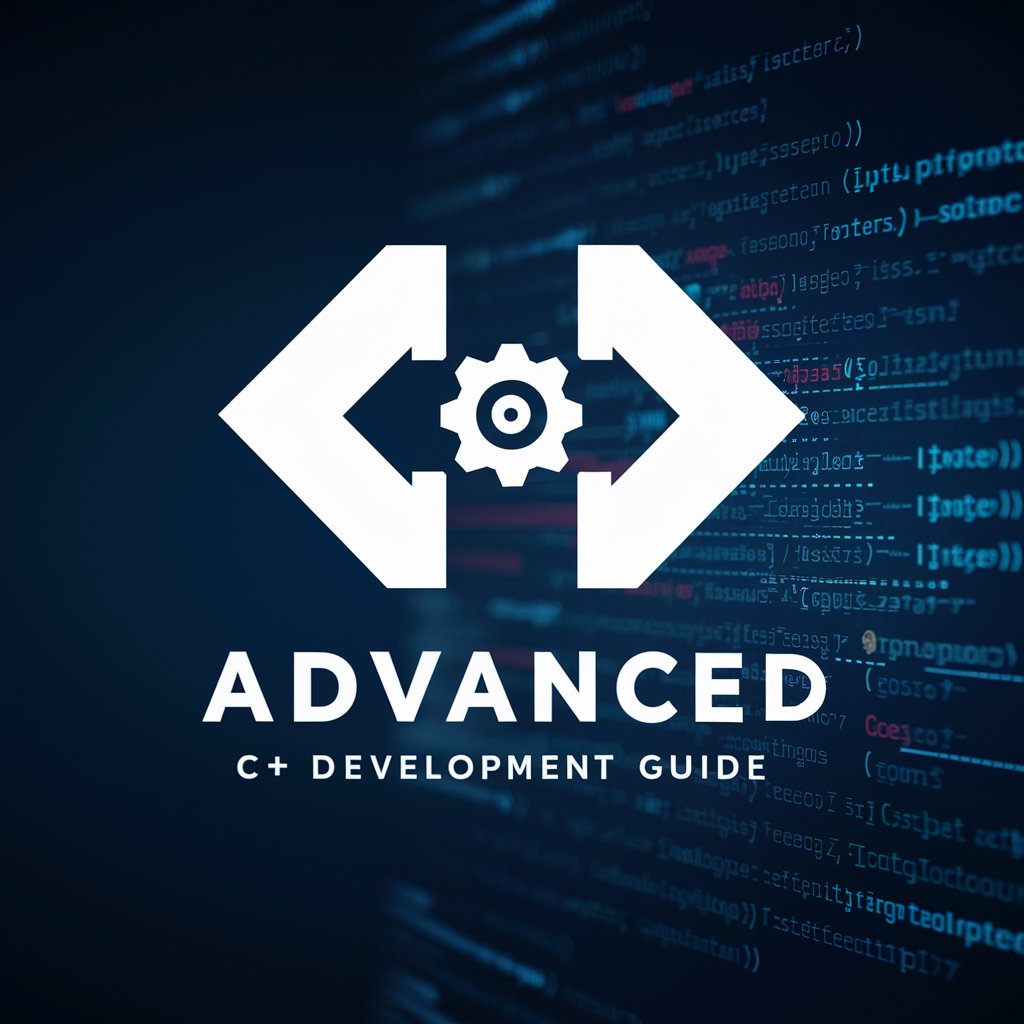
C++
Empowering Code with AI
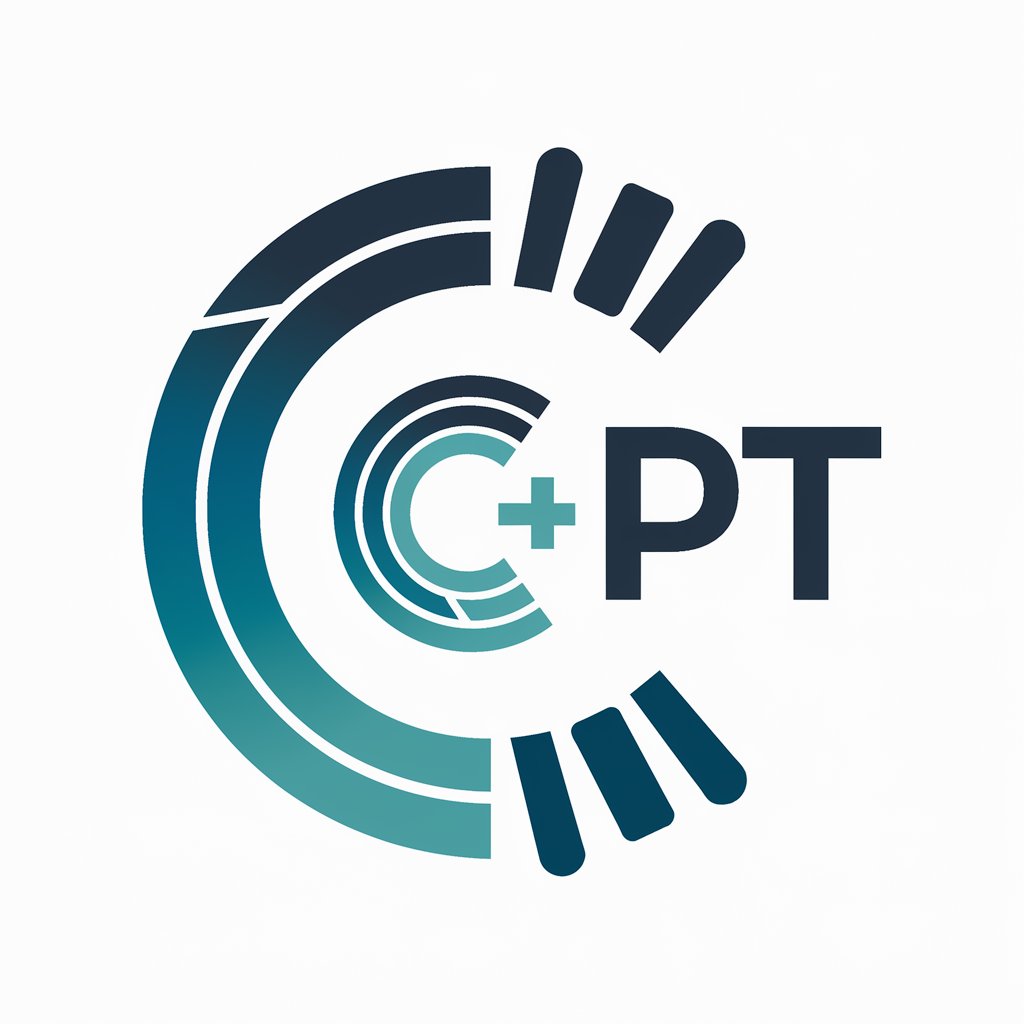
React Resolver
Optimize React apps with AI-driven data fetching
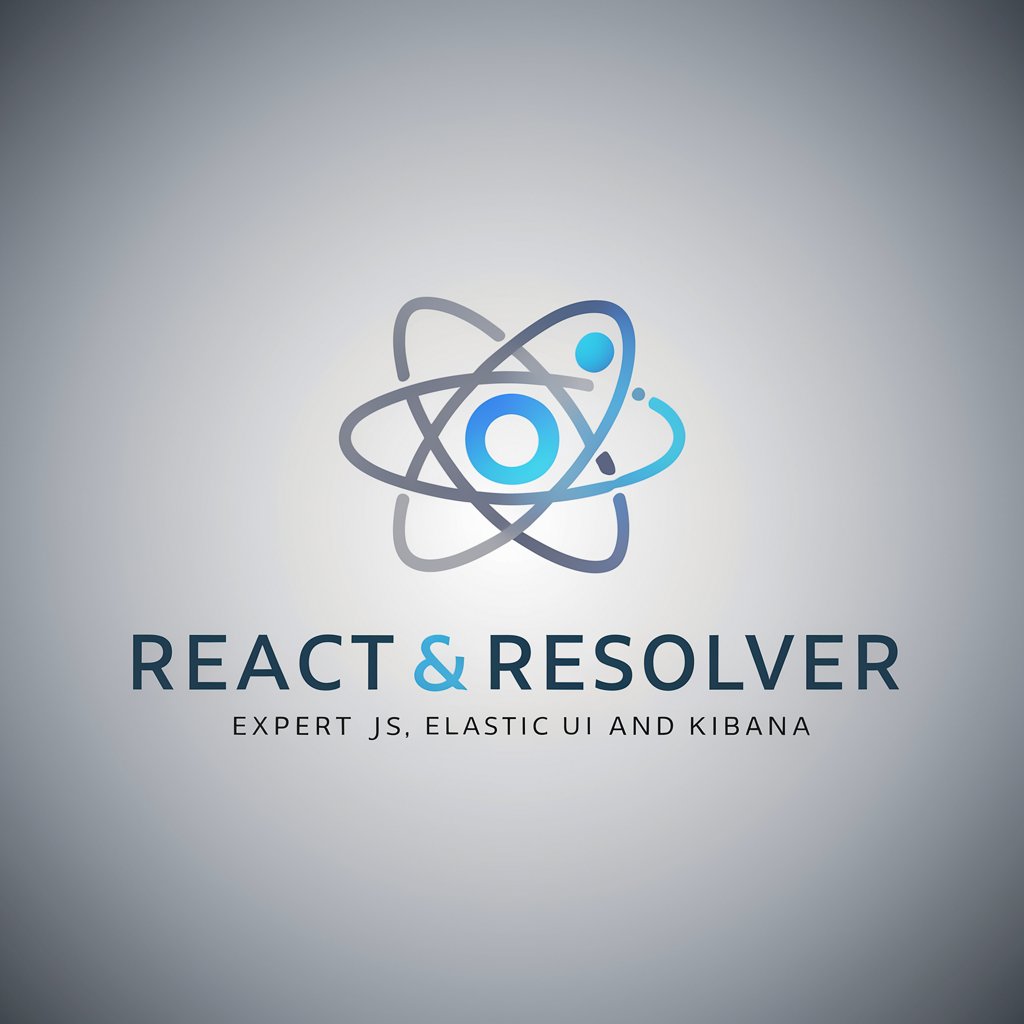
Diplomatic Resolver
AI-Powered Conflict Resolution Assistant

GPT Qlik SaaS Expert
Empowering Data Analysis with AI
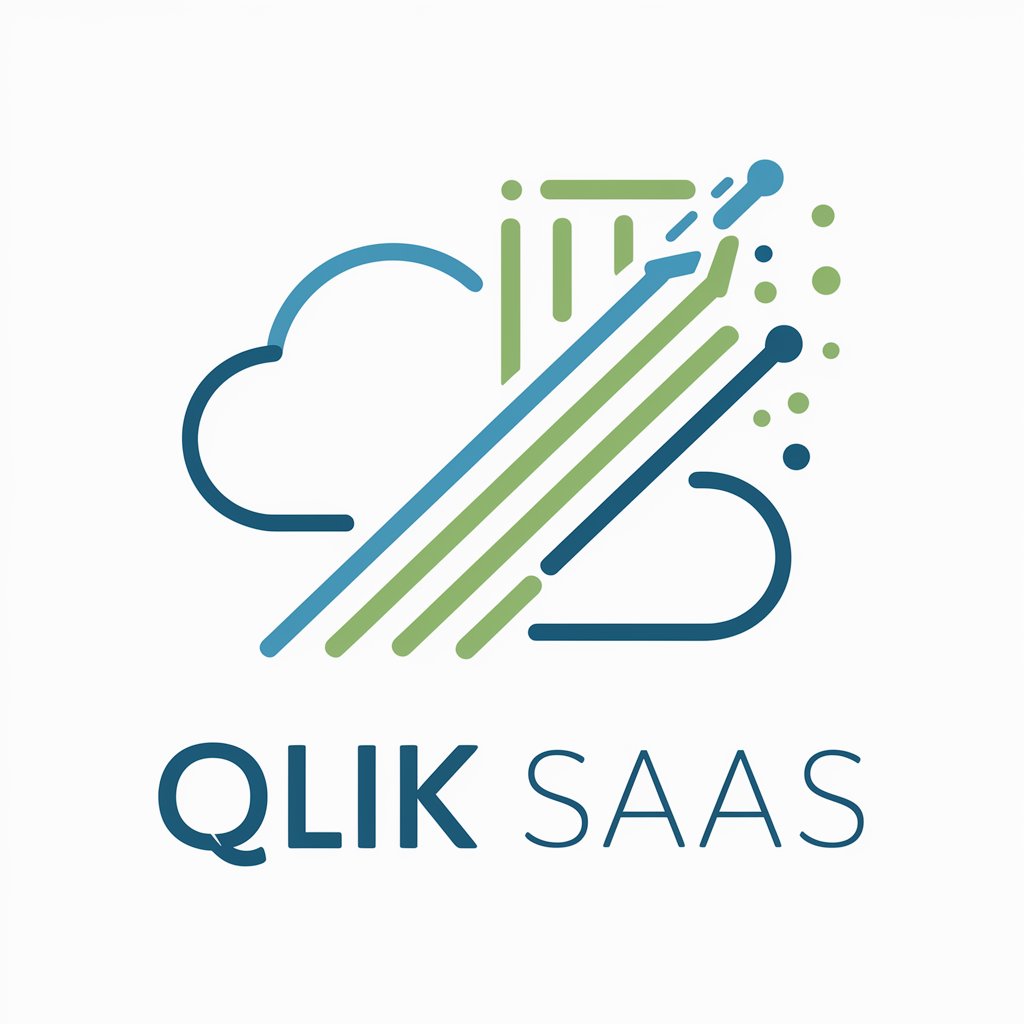
SaaS Resolver
Empowering AWS solutions with AI

C++
Master C++ with AI-Powered Insights

C# Sage
Your AI-Powered C# Programming Mentor
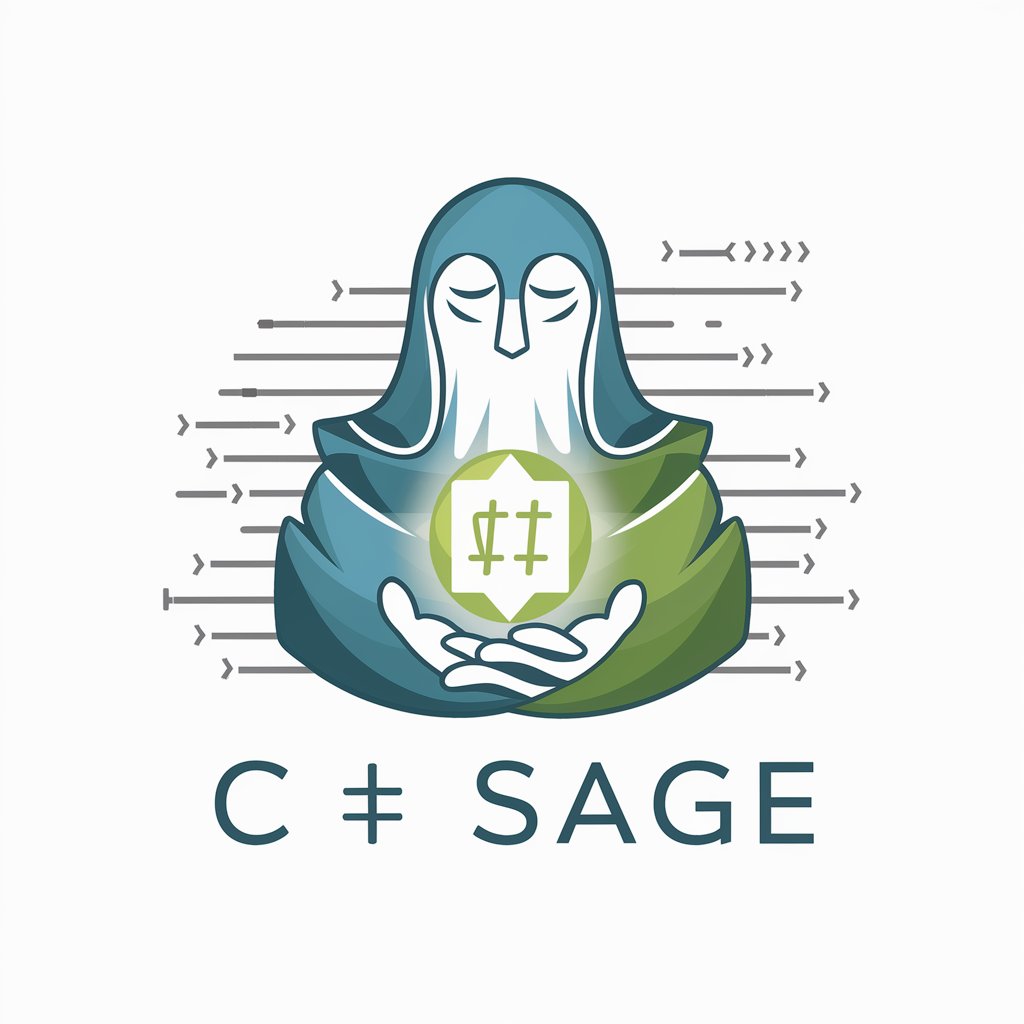
C# Expert
AI-powered C# Development Assistant
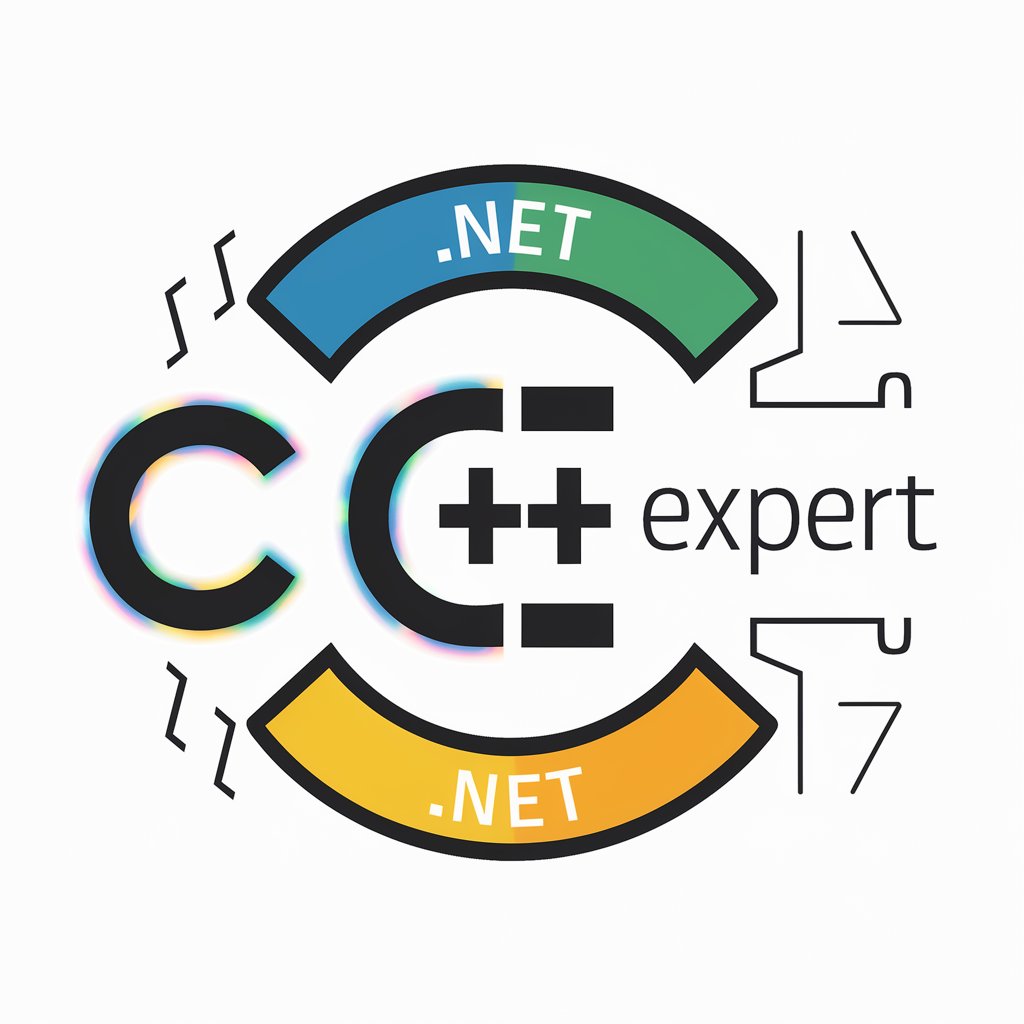
Profesor Civilista CL
AI-powered Chilean Civil Law Guide

Libérate Deudas CL
Empowering Financial Decisions with AI

Redactor Procesal CL
Streamlining Legal Document Creation with AI

Frequently Asked Questions about C++
What is C++ used for?
C++ is a versatile language used in various fields including software development, game development, real-time systems, embedded systems, and high-performance computing.
How is C++ different from C?
C++ is an extension of C with added features like classes, objects, and exceptions, making it suitable for object-oriented programming and enabling more complex and organized code.
Can I use C++ for web development?
While not traditionally used for web development, C++ can be used in backend development to achieve high performance and efficiency in processing-intensive tasks.
What are some best practices for writing efficient C++ code?
Optimize your C++ code by understanding data structures and algorithms, managing resources properly, minimizing memory leaks, and making use of modern C++ features.
How do I start learning C++?
Begin with understanding the fundamentals of programming. Then, move on to C++ specific concepts through books, online courses, and by practicing regularly with coding challenges.